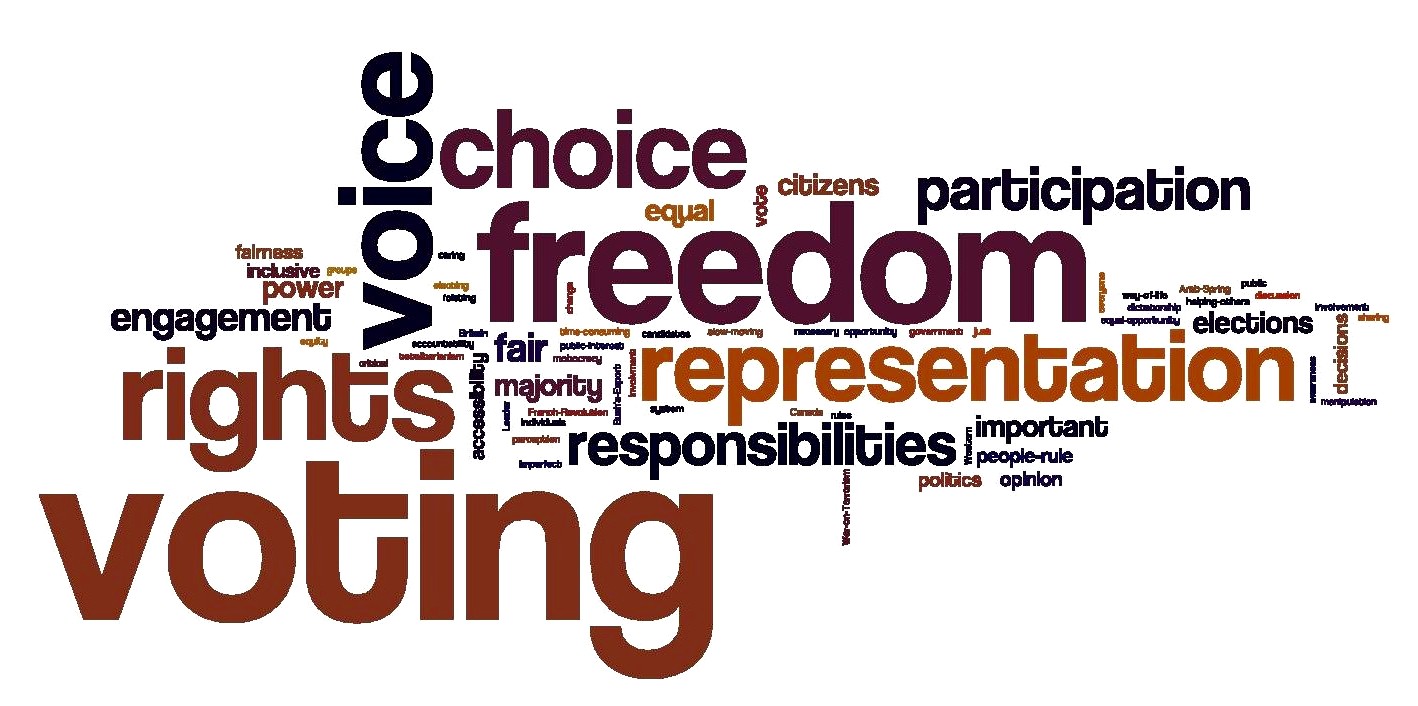This BLOG focuses on the methodology issues during the process of candidate selection of Democratic Party for the last parliamentary elections. Prior to 2021 election for the first time DP introduced a new model in the selection of its political candidates for the 2021 elections. Being myself part of the DP’s Commission for the Evaluation of Candidates (CEC), I have been a part of this process since its beginnings, as one of the members of CEC and in this blog, I want to share how the Democratic Party designed its methodology with the aim of selecting candidates with more integrity and able to face the electoral challenge in 2021. My aim is to give insights into the process in terms of regulation, membership, political integrity, and the internal dynamics associated with how the party decided who its candidates would be.
Candidate selection is an intra-party issue, as it takes place almost entirely inside the political party’s arena and is largely unregulated. In most countries, the parties themselves are allowed to determine the rules of the game for their selection of candidates. Candidate selection methods are the non-standardised and predominantly unregimented particular party mechanisms by which political parties choose their candidates for general or local elections. Hence the result of this process is the designation of a candidate, or list of candidates, as the candidate(s) of the party. The party then becomes effectively committed to the candidate(s), and to mobilising its strength behind the chosen candidate(s).
The realm of candidate selection, which in most countries is within the purview of each party to do with as it sees fit, influences the balance of power within the party, determines the personal composition of parliaments, and impacts on the behaviour of legislators. In short, it is central to politics in any representative democracy. A party leadership that implements a reform in its candidate selection method may encounter unexpected consequences concerning key democratic parameters such as participation, representation, competition, and responsiveness. For example, does an increase in quantity influence the quality of participation? Do women fare better or worse in more open selection arenas? Are incumbents more likely to be reselected in more inclusive bodies? Does the opening up of parties create more responsive legislators, and to whom are they more responsive? These core characteristics of a polity are but the tip of the iceberg when it comes to assessing the political consequences of different candidate selection methods.
DP candidates’ selection
Albania is considered a flawed democracy. In contrast to well established democracies Albanian political parties do not suffer from weak structures, its electoral system is a proportional one, with closed lists. Yet clientelist ties between political parties and the business sector are strong and persistent, and the politicisation of public administration institutions has been a major problem since 1992.
After the establishing of the multiparty system, DP has been a major party within Albanian party system since 1991. DP is a centre-right political organisation. It has governed almost uninterruptedly from 1992 to 1997 and it returned to power in 2005-2013. It is a member of EPP.
Prior to the last election (2021) DP has experienced substantial internal changes as it has implemented internal democratisation processes by adopting and spreading participatory and deliberative norms and practices. These internal changes modified the selection procedures of political representatives of the party.
DP undertook an internal reform in 2019-2020 by implementing a model of participatory democracy in the entire party life, like the candidates’ selection. Hence DP is the first party to implement intra-party democracy norms and practices. The process began with the adoption of the slogan “one member, one vote” in selecting party candidates. Thus, DP revised its Statute and changed the selection procedures for candidates into Parliament and municipalities by 2020. The reforms affected both the candidacy rules and the composition of CEC.
Hence the introduction of new selection methods of parliamentary and local candidates in 2020 constitute a major internal reform for DP. Hence DP introduced a new standard and reshaped the methods of candidates’ selection in accordance with the norms of intra-party democracy.
In June 2020 DP presidency released a regulation (No. 60) for the selection of candidates and proposed the establishing of CEC, which was in charge of preparing and delivering the final candidate list for DP’s presidency. CEC has created its own work methodology.
The DP’s regulation foresaw the “Rules for the implementation of the procedure of proposals, consultations and selection of candidacies for political representation of the Democratic Party, at the Central and Local level”.
The selection process consists of 4 stages:
a) The process at the branches level for the identification and proposal of candidates.
b) The candidate selection process by the CEC.
c) Consultations’ process with the principle "one member, one vote" for possible candidates from party’s membership.
d) Candidates’ Selection and appointment by the Party Presidency and final approval of the candidates by the DP National Council.
3. The process has to be transparent, comprehensive and based on the general assessment of the political circumstances, with the aim of maximising votes. It must be carried out without prejudice for the proposed persons, if the proposed candidate fulfils the criteria provided in the paragraphs 4 and 5 of the regulation.
4. DP candidates for political representation at the central and local level must meet the following criteria:
a. to have completed higher education;
b. to have a prominent social profile in the party’s branch or district, high moral integrity and professional training.
c) not to be ineligible for public office, according to Law no. 138/2015 "To guarantee the integrity of persons who are elected, appointed or exercise public functions".
d) not have been a member or candidate of the Politburo of the Albanian Labour Party, Secret Police and other high public institutions during the communist dictatorship 1945-1991.
5. The selection of candidates is based on the following criteria:
a) be active in the political and public life of the country, as well as of the interests, values and program of the DP;
b) to have a distinguished reputation among party’ members and the society;
c) to have contributed to the professional and political life of the party or have promoted the basic values that lead DP;
d) contribution to electoral campaigns of DP;
e) the duration of membership in the party or being a DP supporter.
6. The process of proposal, consultation and selection of candidacies takes into consideration:
a. the representation of women should not be less than 30% of the total number of candidates;
b. the representation of young people should not be less than 10% of the total number of candidates;
c) representation from the group of political victims and former owners;
d) the candidacies confirmed by the membership should make up no less than 80% of the list of candidates, while no less than 20% of candidates are selected by the Presidency of the DP, as well members from the academia, civil society, representatives of former political victims or owners, diaspora, representatives of entrepreneurship, political personalities with a long contribution to the party.
The aforementioned procedures set the scope of the candidates’ selection within Democratic Party. The internal functioning on candidates’ selection process is a dynamic situation in which three major players, namely the local branches, the CEC and Party Presidentship are interacting and produce through competition the decisions regarding candidate selection. In this way, final decisions depend much more on internal distribution of power than on official procedures.







